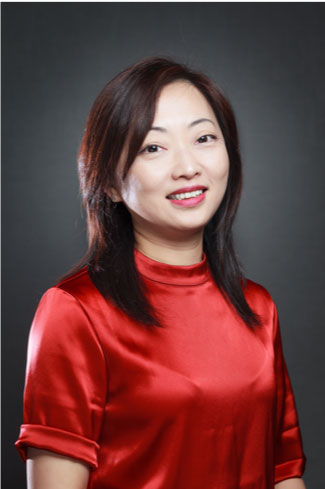The ECS San Francisco Section is proud to present Distinguish Seminar speaker Shirley Meng on May 18 at 1100 (PST) via Zoom:
Li Metal Anode – Advanced Characterization for Next Generation Energy Storage Materials

Shirley Meng, PhD
Zable Endowed Chair Professor in Energy Technologies and
Professor of NanoEngineering and Materials Science
University of California San Diego
When: Monday, May 18, 2020
Time: 1100-1200h PST
Join Zoom Meeting: https://lbnl.zoom.us/j/93893593041
Free participation; no advance registration required
About
Shirley Meng received her PhD in Advance Materials for Micro & Nano Systems from the Singapore-MIT Alliance for Research and Technology in 2005. She subsequently worked as a postdoc research fellow, then as research scientist, at the Massachusetts Institute of Technology (MIT). Meng currently holds the Zable Chair Professor in Energy Technologies at the University of California San Diego (UCSD) where she is also professor in materials science and nanoengineering. The principal investigator of the research group Laboratory for Energy Storage and Conversion (LESC), she is the founding director of the Sustainable Power and Energy Center (SPEC).
Dr. Meng received prestigious awards including the International Battery Association Battery Research Award (2019), American Chemical Society ACS Applied Materials & Interfaces Young Investigator Award (2018), IUMRS-Singapore Young Scientist Research Award (2017), ECS Charles W. Tobias Young Investigator Award (2016), and NSF CAREER Award (2011). Meng is a Fellow of The Electrochemical Society and author/coauthor of more than 190 peer reviewed journal articles, two book chapters, and four issued patents.
Abstract
Lithium (Li) metal has been considered an ideal anode for high-energy rechargeable Li batteries (RLB), while Li nucleation and growth at the nanoscale remains mysterious as to achieving reversible stripping and deposition. Several decades of research have been dedicated to this topic. We have seen breakthroughs in novel electrolytes in the last few years, where the efficiency of lithium deposition exceeds 99 percent. Here, cryogenic-transmission electron microscopy (Cryo-TEM) was used to reveal the evolving nanostructure of Li deposits at various transient states in the nucleation and growth process, in which a disorder-order phase transition was observed as a function of current density and deposition time. More importantly, the complementary techniques such as titration gas chromatography (TGC) reveals the important insights about the phase fraction of solid electrolyte interphases (SEI) and electrochemical deposited Li (EDLi). Last but not least, a few practical aspects of implementing lithium metal anode will be discussed.


